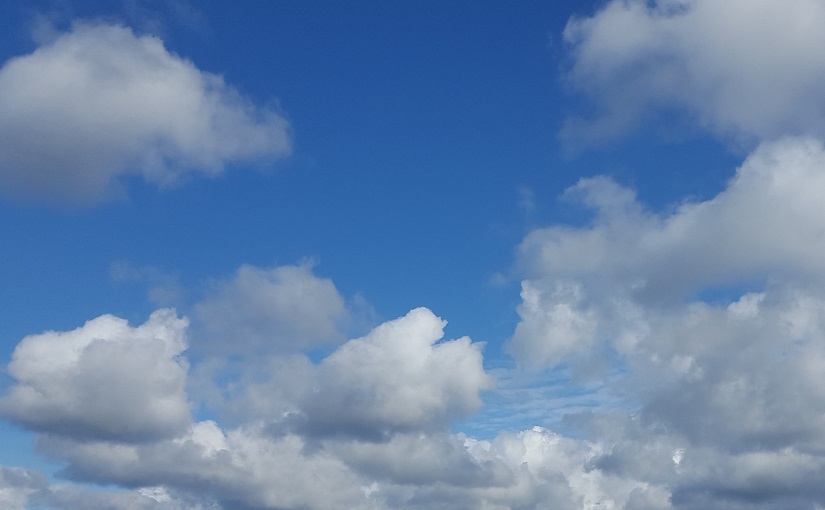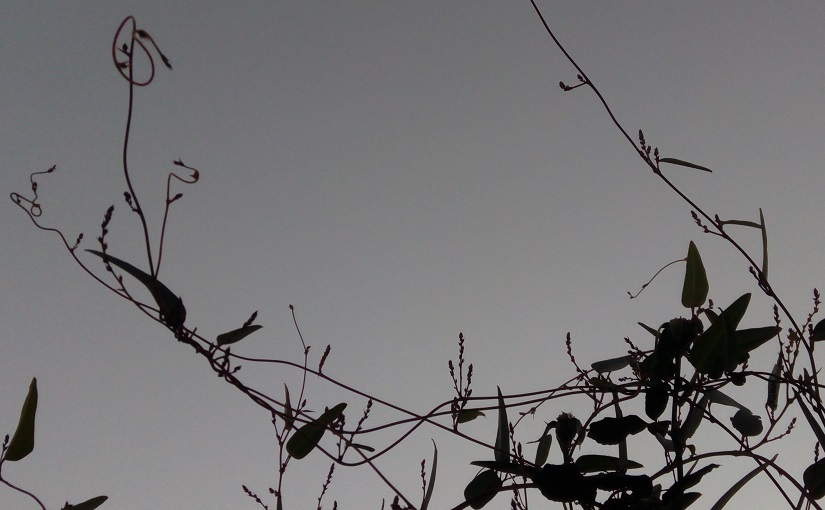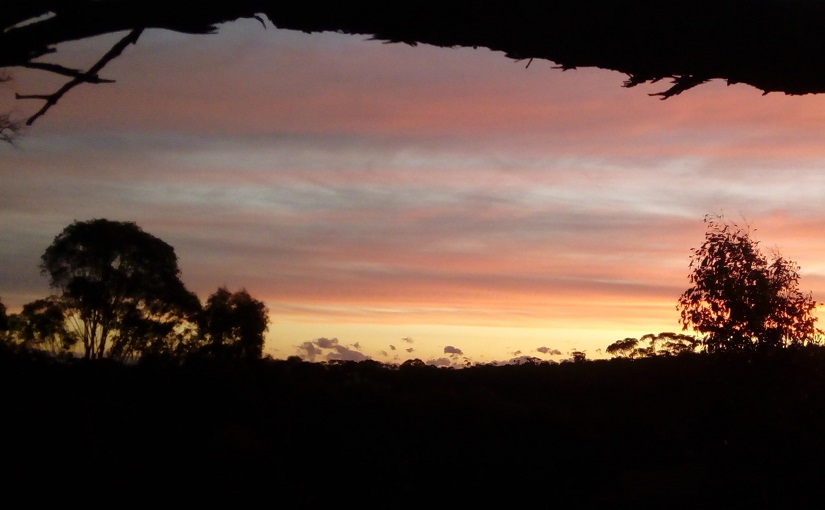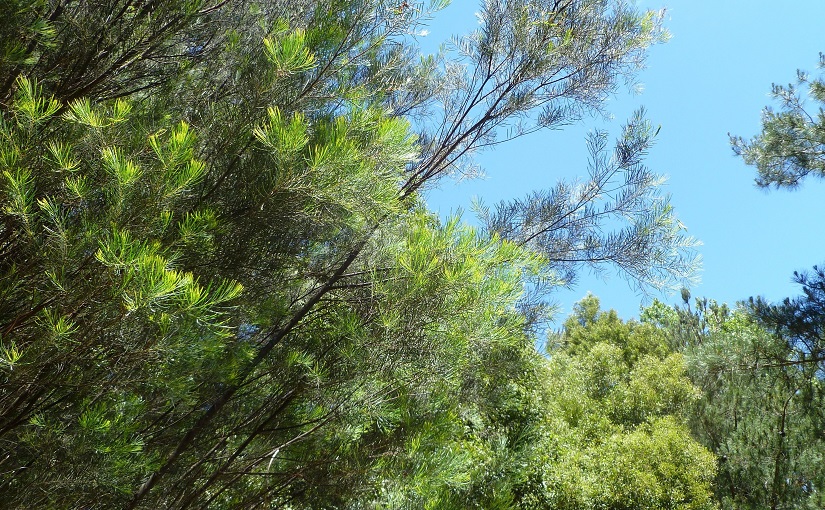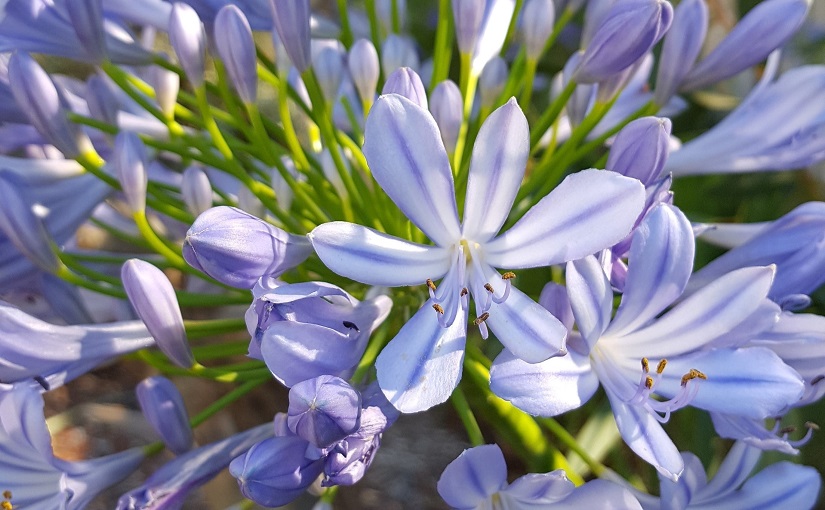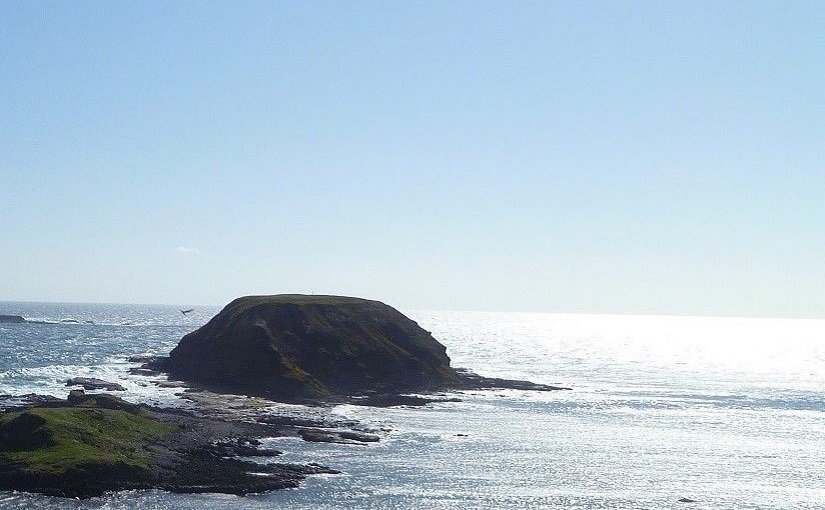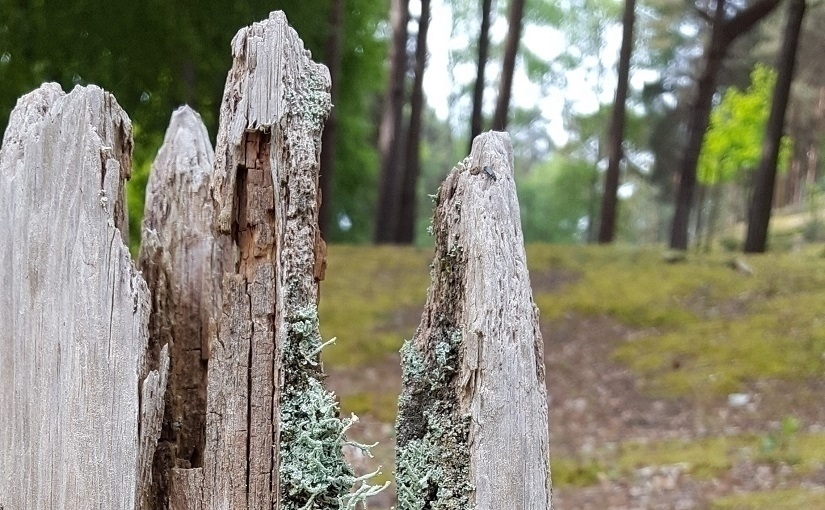When we talk of community, is it of something we want to be part of or something we’re already in? Sometimes, the term seems to be used in a slightly dreamy way about an idealistic place of belonging, rather than referring to whatever grouping of people our lives are already interwoven with. Is it, then, that we’re looking for an idyllic state of personal acceptance? Tired of the troublesome realities of what’s actually around us.
It seems likely we “are” in community – the social structure, geographic location, cultural traditions and expectations we were born in or chose to move into. Most people are probably surrounded, however remotely, by a community that’s working together towards common ends. Each person’s life feeding into and drawing out from that common pool of activity.
Community’s presumably also the place where we’re learning much of what we know about “life”: what things are and which one’s matter; what is acceptable or valuable; which paths to take and ideas to have in mind. Isn’t this where we pick up all the lessons that, together, form our view of life and where we stand within it? Where we establish our sense of identity, meaning and purpose (Notes One).
Maybe, then, this different usage of the word is more a sign that modern community isn’t serving all our needs? Living this way, it perhaps wouldn’t be surprising for us to feel disconnected, unappreciated, invisible. After all, aren’t many of the connections between us now quite hidden and impersonal? It seems we may not be aware of the roles we play within it all and others may not be able to see who we are.
Isn’t community generally a notion of feeling “seen”? Knowing that we belong, that our presence is valued, our unique personality and gifts treasured by those around us. In the past, communities perhaps offered that: each person being known, their contributions noticed and openly acknowledged. Now, it’s almost like we’re strangers to one another with no sense of how our lives are connected.
In that world, it sometimes seems individuals could drift into oblivion and no one would even know who they’d lost. It must be strange, as humans, to live that way? Not knowing who the people around you are or why they should matter to you (Notes Two). Especially if community’s the place we’re supposed to make sense of life and form meaningful relationships within it.
It’s perhaps unsurprising that people would turn to smaller sub-communities for the belonging and acceptance that makes all our lives meaningful. Don’t we all need to be ourselves and be seen as such by our peers? To know that our life, our existence, and who we are is important to the world around us?
What, then, does it mean for community overall if we’re abandoning it as a source of collective belonging? For our broader social space to be devoid of mutual recognition, interest or appreciation seems questionable when you think that “society” is built around us.
Notes and References:
Note 1: Having boundaries
Note 1: Definition, expression & interpretation
Note 1: Culture as a conversation across time
Note 1: Frameworks of how we relate
Note 1: Invisible ties
Note 2: Joining the dots
Note 2: Seeing, knowing and loving
Note 2: Knowing who to trust
Note 2: Places of belonging & acceptance
Note 2: Does anything exist in isolation?


